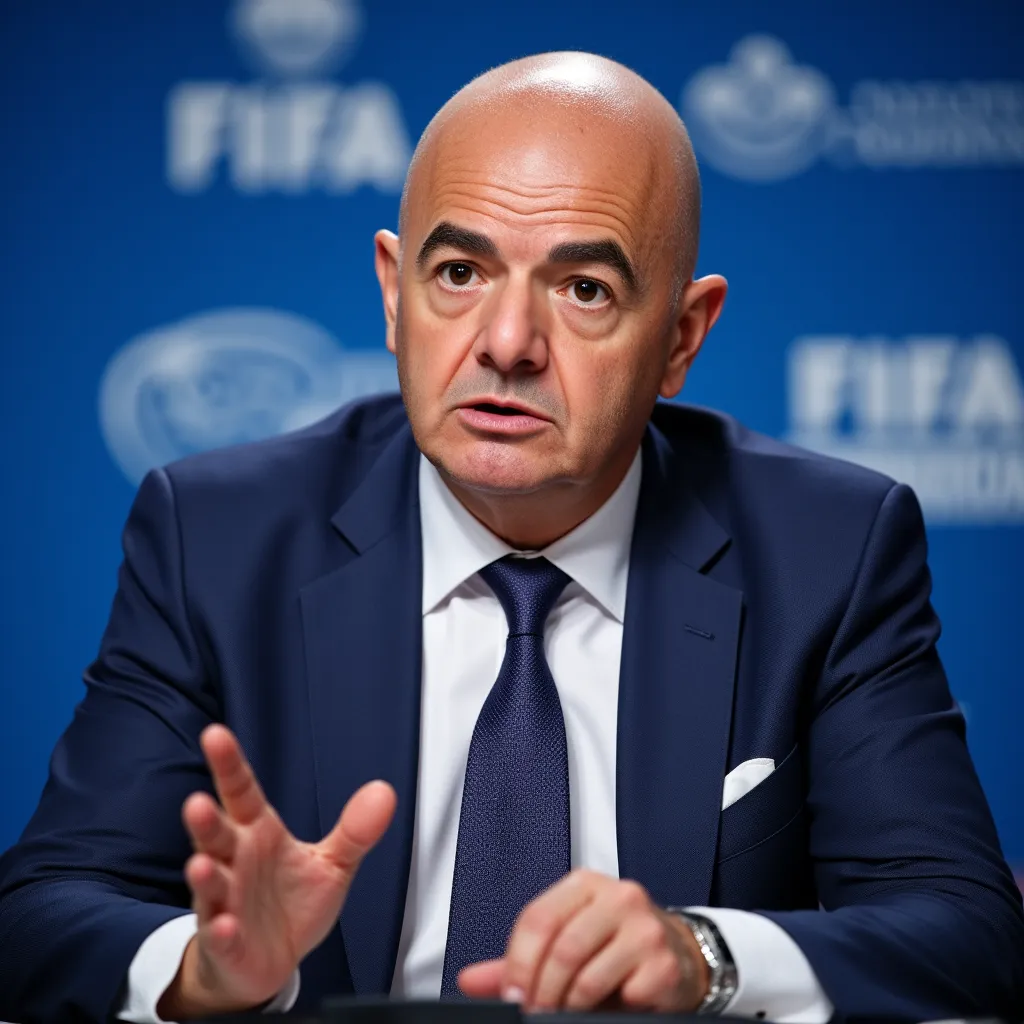As the countdown to the 2026 FIFA World Cup begins, a dark cloud of controversy looms over the highly anticipated event. Despite mounting concerns from human rights groups and global citizens, FIFA appears determined to proceed with the tournament in the United States, a decision that raises troubling questions about the organization’s priorities.
FIFA’s Controversial Host Choices: A Troubling Pattern
FIFA’s decision to award the 2026 World Cup to the United States is part of a disturbing pattern of overlooking human rights violations and controversial actions by host nations. In 2014, Brazil was allowed to host the tournament despite the government’s use of a ‘Pacifying Police Unit’ that engaged in violence and extrajudicial executions in favelas, as well as the deployment of 2,700 army soldiers to occupy these areas. Similarly, Russia was permitted to host the 2018 World Cup despite its annexation of Crimea, bribery scandal, and hostility towards the LGBTQ+ community, with FIFA’s response being to establish an anonymous tipline for reporting homophobic harassment while still allowing Russia to ban Pride flags at matches.

Brazil, Russia, Qatar: Overlooking Human Rights Violations
The 2022 World Cup in Qatar proceeded despite concerns over the use of modern-day slave labor resulting in an estimated 6,500 deaths during stadium construction, and Qatar’s poor human rights record. FIFA’s only concession was to move the tournament to the winter to avoid Qatar’s extreme summer heat. This pattern of turning a blind eye to human rights abuses and controversial actions by host nations raises serious doubts about FIFA’s commitment to upholding ethical standards and protecting the well-being of athletes, fans, and local communities.

Will the U.S. Face Scrutiny for Its Immigration Stance?
As the 2026 World Cup approaches, concerns have been raised over the potential for hostile treatment of foreign visitors due to the United States’ hardline stance on immigration under the Trump administration. While FIFA has released a statement celebrating the event and expressing excitement about ‘uniting the continent and globe through football,’ the organization’s history suggests that it is unlikely to strip the U.S. of hosting rights unless faced with massive opposition from competing federations, top teams boycotting, and sponsors withdrawing support – a scenario that is currently improbable.

Uniting the Globe Through Football: FIFA Stands by 2026 Decision
Despite the controversies surrounding the 2026 World Cup, FIFA President Gianni Infantino has dismissed concerns over potential immigration operations by U.S. authorities during the Club World Cup, stating that ensuring security for fans is the priority. While there have been rumors and AI-generated misinformation about FIFA considering moving the 2026 World Cup out of the U.S., there is no evidence to support these claims. FIFA appears determined to proceed with the tournament in the United States, a decision that has drawn criticism from human rights groups and global citizens alike.

Separating Fact from Fiction: Addressing Rumors and Misinformation
As the controversy surrounding the 2026 World Cup continues to unfold, it is crucial to separate fact from fiction. While there have been rumors and AI-generated misinformation circulating about FIFA considering moving the tournament out of the United States, there is no credible evidence to support these claims. FIFA has a well-documented history of overlooking human rights violations and controversial actions by host nations, making it highly unlikely that they would strip the U.S. of hosting rights unless faced with overwhelming pressure from competing federations, top teams boycotting, and sponsors withdrawing support – a scenario that currently seems improbable.


